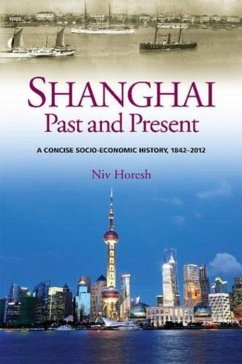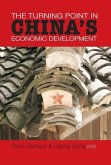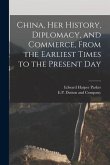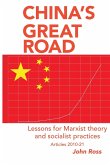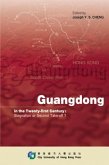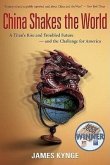This book sets out to explain how Shanghai emerged from relative obscurity in 1842 to become one of the world's best-known finance and industry hubs. As China's largest city, Shanghai today plays a central economic role, much as it did in the 1920s. The author provides a concise diachronic survey of the economic history of modern Shanghai, setting out how the city's urban infrastructure, municipal institutions, consumer culture and industry have shaped, and have been shaped by, this economic power house. The work is aimed at a broad readership of all who are interested in Asian history, and tackles a range of themes including: the city's millionaires, then and now; racial tensions and quotidian liaisons between Europeans and Asians before World War II; and the gambling and prostitution industry. The post-war era is portrayed in comparative discussions on Shanghai under Mao Zedong, and during the reform era. These discussions bring the narrative up to date to cover important events such as the designation of the Pudong precinct as the city's new engine of growth in 1991. The city's illustrious pre-war past is compared with its present ambitions to become Asia's leading financial centre. The book employs insights from studies frameworks of new institutional economics as well as from the development trajectory of other world cities by way of better understanding Shanghai's historic distinctness, its relative weaknesses and contemporary strengths.

